

World Hypertension Day: Risks and Prevention Tips for Every Generation
By: ImpactGuru
Published On: May 16, 2025
Is Your Blood Pressure Creeping Up Without You Knowing?
In a world that’s constantly on the move, high blood pressure—or hypertension—has become a quiet yet dangerous companion for millions. Its long-term effects can be devastating—heart attacks, strokes, kidney failure, and more. While hypertension is a global concern, its growing impact in India is especially alarming, with prevalence rising sharply across all age groups.
As we acknowledge World Hypertension Day on May 17th, we at ImpactGuru are taking a step to raise awareness around the latest statistical information and neurotic behaviours affecting blood pressure.
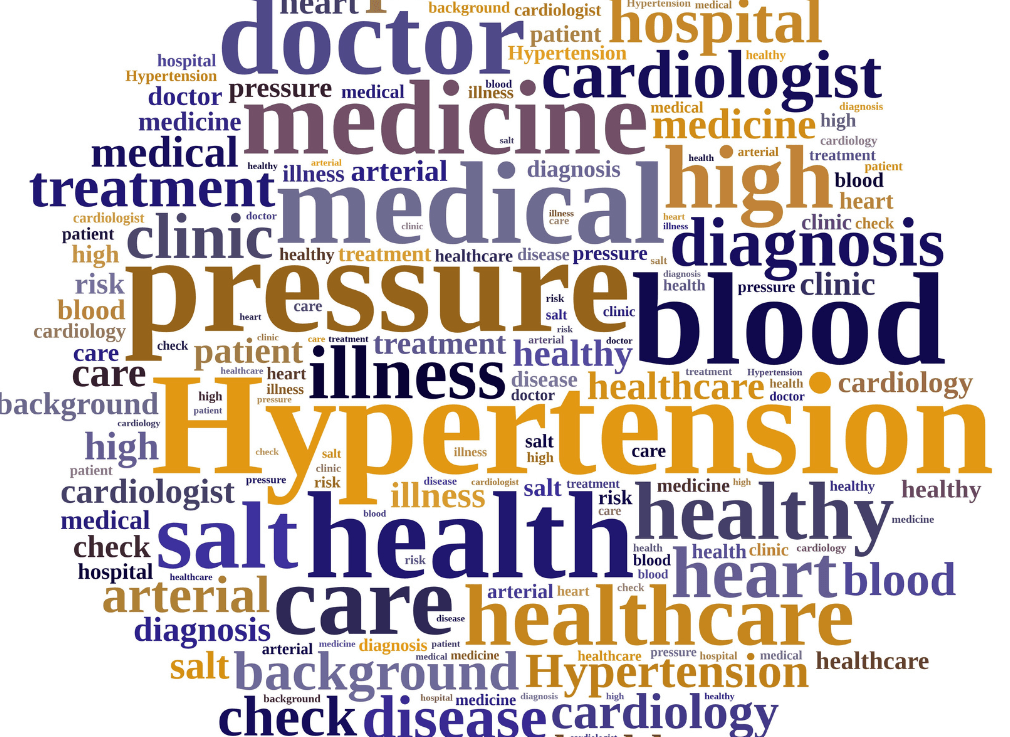
Source: Canva Pro
In this blog, we will explore the evolution of hypertension across generations — from earlier times when high-sodium diets and limited awareness were common, to the stress-heavy work environments of later decades, and now to modern lifestyles marked by high caffeine intake, screen-saturated lives, and sedentary habits.
But before we explore how each generation has to deal with high blood pressure differently, let’s start with a critical question that sets the tone for everything that follows—
Why Should We Take ‘Hypertension’ Seriously?
Because it can be FATAL too. And that’s what makes it so concerning.
According to a global analysis of hypertension trends, 20.6% of Indian men and 20.9% of Indian women were affected by high blood pressure as far back as 2005. What’s more alarming is that these rates are only expected to rise. By 2025, the prevalence is projected to increase to 22.9% for men and 23.6% for women in India. That is nearly 1 in 4 Indians.
But that’s not all. Research also suggests a connection between hypertension and increased neurotic behaviours, such as anxiety, fear, irritability, depression and chronic stress. These mental health patterns become a constant psychological strain that further leads to prolonged elevation in blood pressure levels, pushing the body toward cardiovascular breakdown over time.
Also read: High Blood Pressure- Causes, Risks, and Management
The Hidden Link Between Blood Pressure & Mental Health
There’s a deeper connection between high blood pressure and mental health than most people realise. But the question is, why does this happen?
Stress hormones, such as cortisol, not only affect our emotions but also have physical consequences. They can constrict blood vessels, trigger surges of adrenaline, and raise blood pressure. In modern city life, where irregular meals, constant pressure, and sleepless nights are common, our nervous system remains on high alert. This makes it more difficult for the body to return to a state of calm.
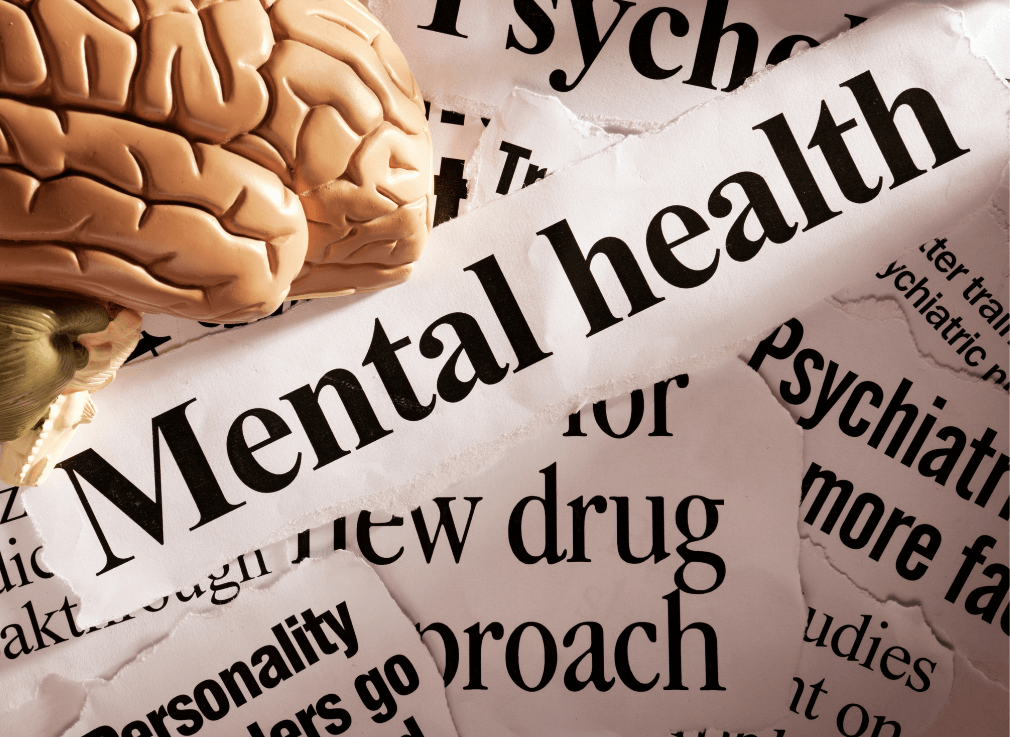
Source: Canva Pro
Today, young adults aged 25 to 45 are experiencing symptoms of hypertension more than ever before. In a modern society driven by caffeine, ambition, and social media validation, it is not surprising that younger generations are now also being diagnosed with this condition. Hypertension is no longer an issue that only affects the older age group; it has become a significant concern for Generation Z and millennials as well.
Let’s examine how different generations have dealt with (or ignored) hypertension and how they could actually control it from now on.
Hypertension Through the Ages
1. Early Lifestyle
Back in the day, people didn’t have Fitbits or blood pressure machines at home like we do now. Home-cooked meals were the norm, but these meals often included high-sodium elements like pickles, papads, salted dried fish, and preserved vegetables. Salt wasn’t just a seasoning—it was a method of preservation in the absence of refrigeration.
Though their medical knowledge was limited, their way of life kept them well. Farming, walking long distances for work, handwashing clothes, and cooking from scratch ensured they were physically active throughout the day.
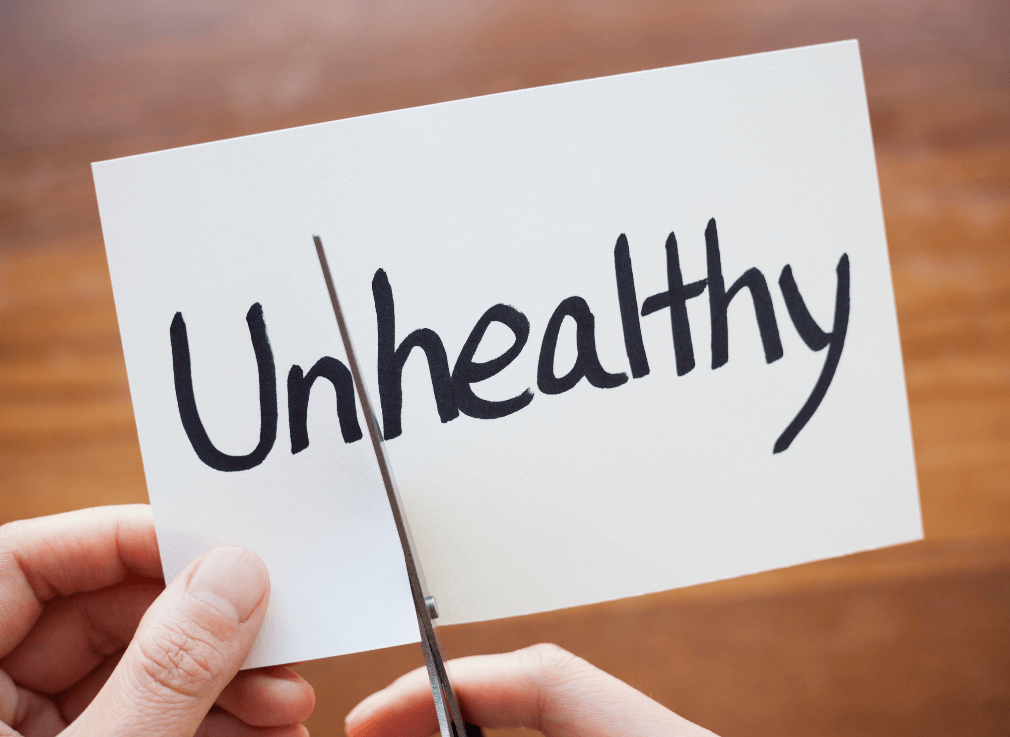
Source: Canva Pro
Their lives were governed by daylight instead of strict deadlines, and evenings were more about storytelling than screen time. There was no Netflix to binge or emails to answer at 11 pm. Life was slower. Simpler. But hypertension still lurked in the background, just undiagnosed.
2. Lifestyle Changes Over the Years
With urbanisation and economic growth came major lifestyle changes. That period marked a shift in the workforce, with more people taking on desk jobs and sedentary work becoming common. Rigid work schedules and rising job competition contributed to growing stress levels. Many moved into cities, away from their families, carrying the baggage of responsibilities on their shoulders.
Food habits began to shift—homemade meals were often supplemented or replaced by processed snacks, instant noodles, sugary drinks, and food that could be obtained quickly after a hectic day. Physical activity declined, sleep patterns were disrupted, and smoking or alcohol became common ways to cope with stress.
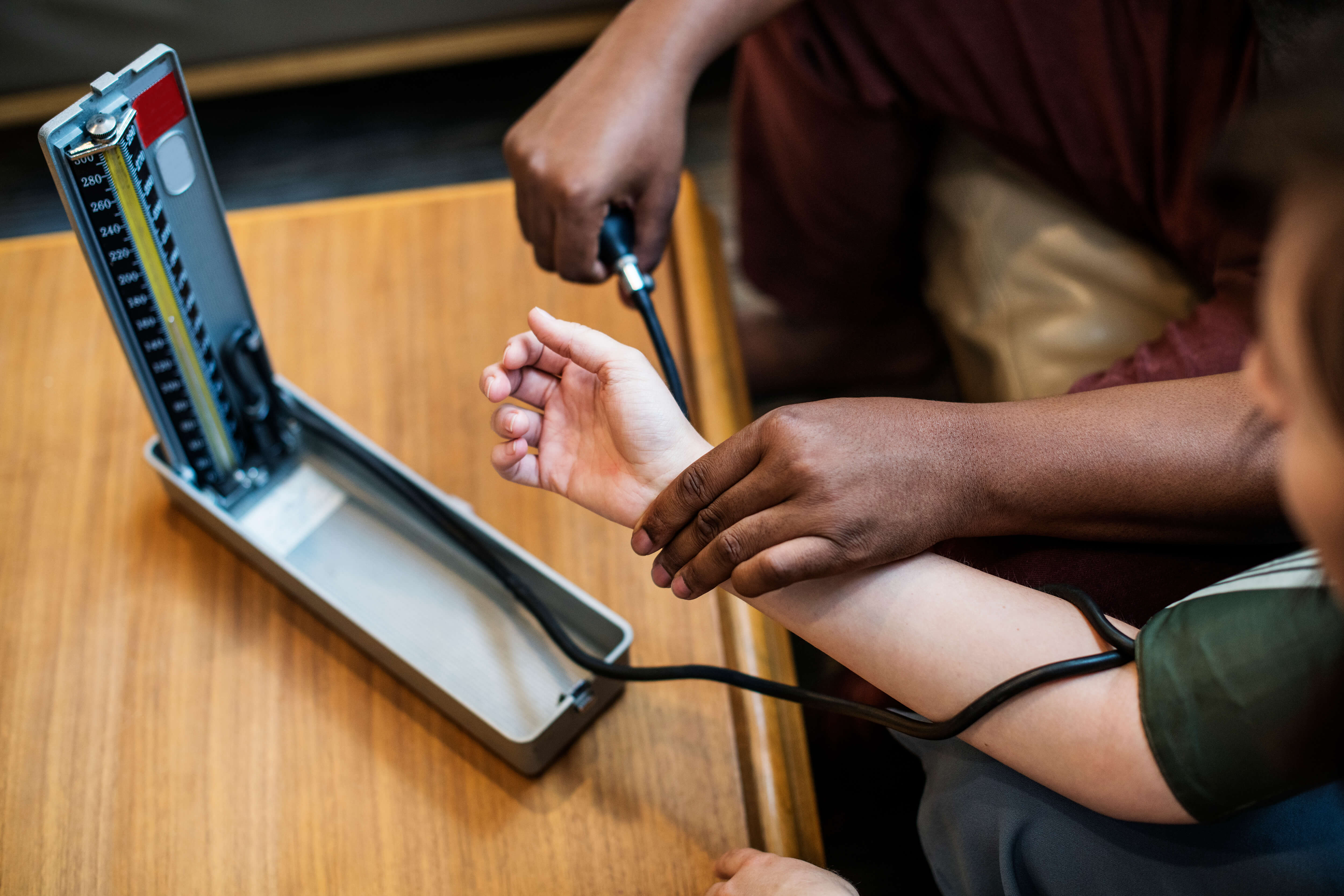
Source: Envato
Even though awareness about hypertension increased during this era, prevention still lagged behind. Regular health check-ups weren’t a priority, and mental health was rarely discussed. Stress management tools were limited, often seen as indulgent rather than essential.
3. Modern Lifestyle Pattern
Today, we’re continuously connected and constantly exhausted. Our lives revolve around screens, with smartphones, laptops, and social media dictating everything from our work to our downtime. Physical movement has been reduced to scheduled “workouts” on our phone reminders, and even those are often skipped.
Food culture has shifted dramatically. Convenience trumps nutrition—delivery apps, instant meals, and caffeine-laden beverages dominate our diets. Sleep deprivation is normalised, and being “busy” has become a status symbol. Burnout is so common it's often joked about, rather than addressed.

Source: Canva Pro
We have more information about health than ever before, yet many of us still neglect basic self-care. Poor diet and constant digital stimulation create a perfect setting for early-onset hypertension..
Today, hypertension is no longer limited to older adults; it's increasingly seen in people in their 20s and 30s. Despite this shift, many are still unaware of how to manage it effectively or don’t take it seriously. The good news is that hypertension can often be managed and even prevented with the right lifestyle changes.
Ways to Manage Hypertension
As we age, our bodies become more sensitive to dietary and lifestyle habits, especially when it comes to blood pressure. For the very old generations, it’s important to monitor BP levels weekly and stay in touch with a doctor for regular consultations. Traditional foods like pickles, papads, and salted dried items should be consumed in moderation. Instead, they should focus on adding potassium-rich fruits like bananas and oranges to the diet and staying well-hydrated. Light daily walks or gentle yoga sessions, even if done indoors, can go a long way in maintaining heart health and mobility.

Source: Canva Pro
The generation before today’s adults is often described as being caught in the middle — caring for ageing parents, supporting their children, and juggling demanding work schedules all at once. To maintain a healthy blood pressure, 30 minutes of daily walking can be incredibly beneficial. It’s also vital to schedule intentional breaks during work hours and limit screen time outside of them. Avoiding excessive salt, fried foods, and alcohol can prevent hypertension from creeping in. Prioritising 7–8 hours of quality sleep each night and not neglecting annual full-body health check-ups are crucial steps for the prevention of hypertension.
Moving on to a generation of young individuals, living in a world where being constantly connected often means being constantly stressed, managing lifestyle habits has never been more important. To protect their health, especially their blood pressure, it’s essential to limit caffeine intake—swapping that third cup of coffee for herbal teas or infused water can make a meaningful difference.

Source: Canva Pro
They should also make it a habit to log off and take screen breaks every two hours to ease eye strain and reduce mental fatigue. Since stress is one of the leading contributors to hypertension, tools like guided meditation and breathing apps can help reset the mind and calm the nervous system. Replacing late-night instant noodles with wholesome, balanced meals and treating rest and sleep as non-negotiable parts of productivity (not laziness) is key.
Most importantly, young adults today need to be well-informed and conscious of the long-term effects of unchecked stress and poor lifestyle habits. This is why ImpactGuru provides this awareness-based blog for its readers—because awareness is the first step toward prevention, and prevention is always better than a cure.
Also read: What To Eat For Healthy Blood Pressure Levels
Raising Awareness: What Else Does Hypertension Bring?
Apart from cardiovascular issues like heart attacks and heart failures, hypertension also brings issues related to—
Brain: High blood pressure is a leading cause of strokes. It can cause blood vessels in the brain to weaken or rupture, leading to severe consequences like paralysis or memory loss.
Kidneys: The kidneys are responsible for filtering waste from the blood, and high blood pressure can damage the delicate blood vessels in the kidneys, eventually leading to kidney disease or failure.
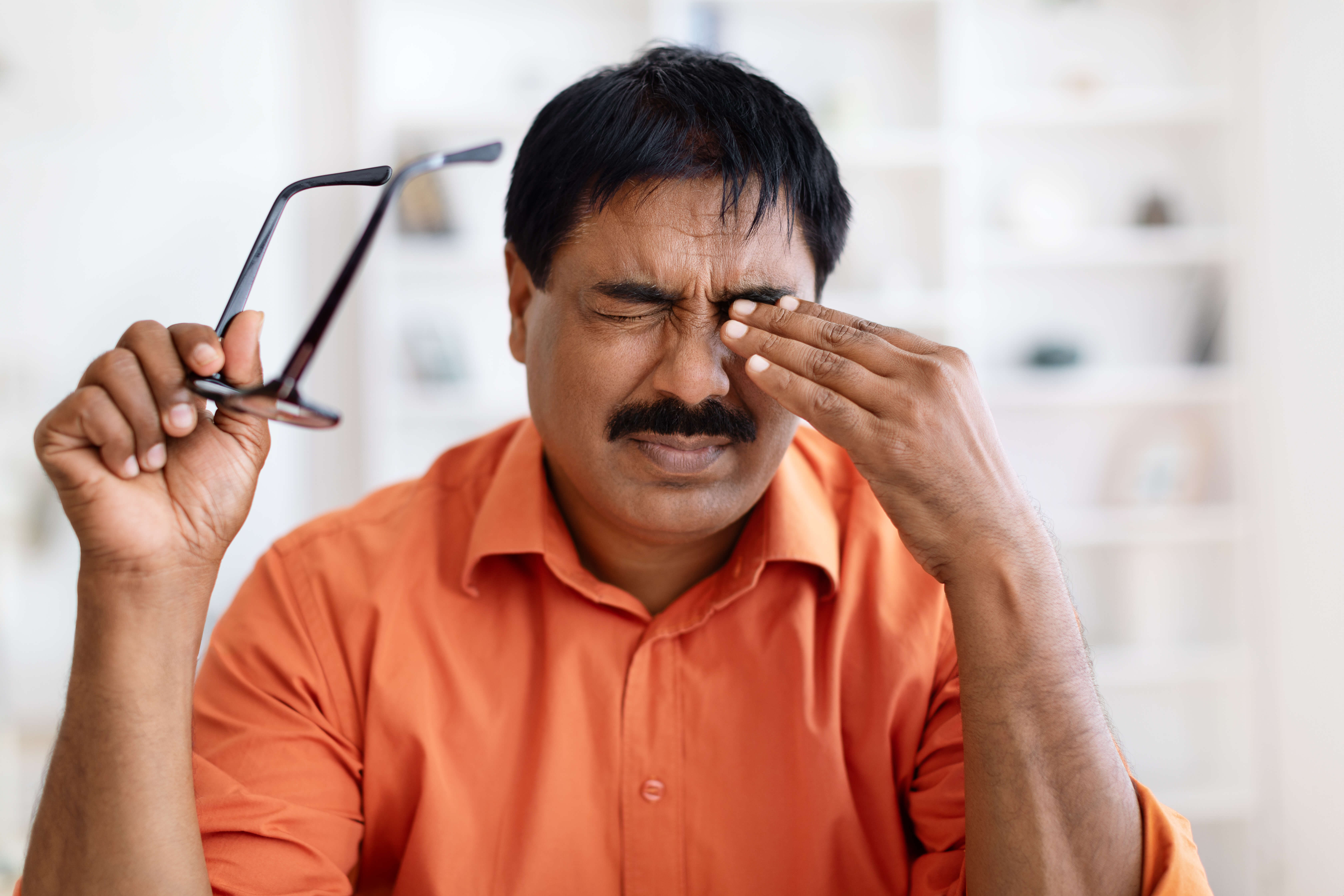
Source: Envato
Eyes: Hypertension can damage the blood vessels in your eyes, leading to vision problems or even blindness if not controlled.
From the brain to the kidneys and even the eyes, hypertension can slowly and steadily harm essential organs, affecting not just longevity but quality of life. With proper awareness, individuals can better understand risks and recognise warning signs early, allowing them to take preventive measures to protect themselves and their loved ones.
Message from ImpactGuru on World Hypertension Day
Take a moment to pause, breathe, and check in with yourself and your loved ones. High blood pressure is a silent threat that often shows few symptoms, but it can cause serious long-term damage.
At ImpactGuru, we believe that timely action can lead to early prevention and healthier lives. Whether it’s through raising funds for critical health treatments or spreading awareness about lifestyle diseases like hypertension, our goal is to keep our readers and their loved ones safe, supported, and strong.
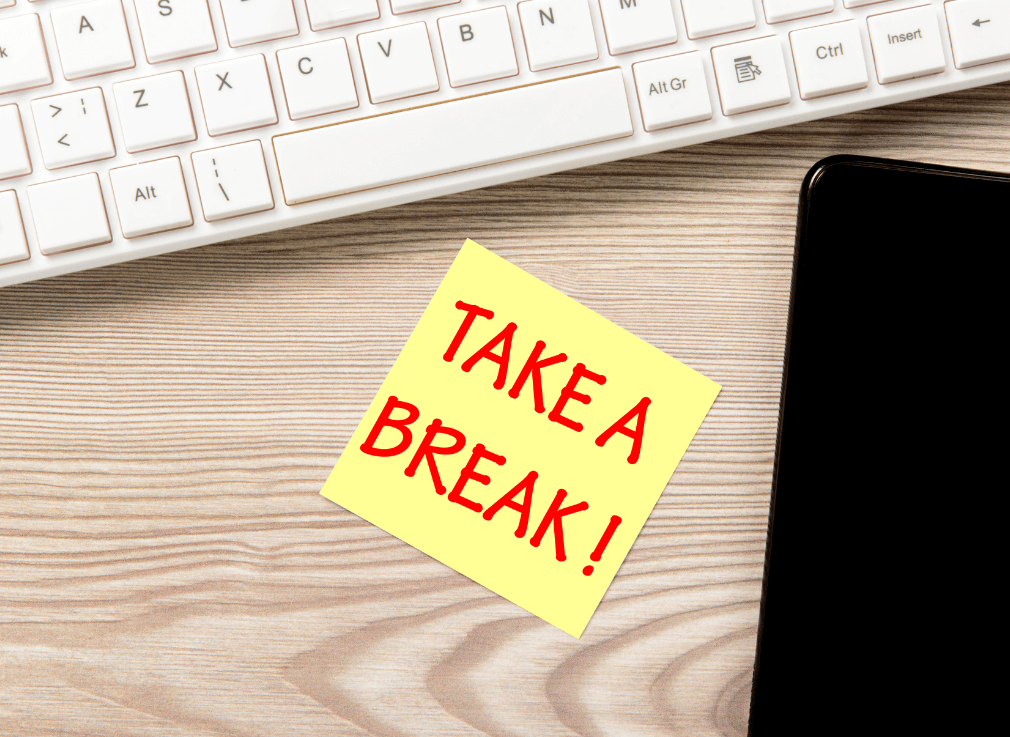
Source: Canva Pro
So, this World Hypertension Day, let's stand together to make it more than just a date on the calendar. Let’s use it as an opportunity to reflect, take action, and support those in need— * Schedule that doctor’s appointment. * Encourage parents to get a check-up. * Swap that extra cup of coffee for a glass of water.
Whether you're starting your career, raising a family, or enjoying retirement, take control of your health before it’s too late.
P.S. Remember, small, mindful changes today can lead to a longer, healthier tomorrow.





 Information
Information Alert
Alert